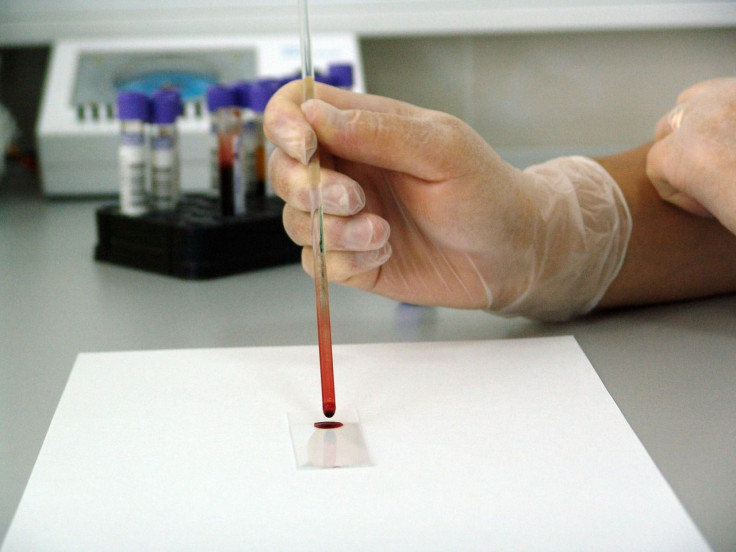Blood Cancer Symptoms: Here Are The Key Red Flags To Be Wary Of
Blood makes up at least 8% of the total body mass and plays a pivotal role in a person's functioning. Its most notable functions in the body include carrying oxygen, removing waste from cells, and regulating the temperature.
Blood cancer occurs when there is an abnormal and excessive reproduction of white blood cells. This can happen in various forms, including leukemia, lymphoma, and myeloma.
White blood cells, also known as leukocytes, play a crucial role in protecting the body from infections. However, when there is an abnormal increase in their number, it can cause serious health problems.
The disease can be attributed to reasons like genetic mutations, exposure to certain chemicals or radiation, and other factors that can damage the DNA in the blood cells.
When leukemia is suspected in a patient, they are typically advised to undergo screenings such as blood tests, bone marrow biopsy, lymph node biopsy, scans, genetic tests, etc.
Notwithstanding the importance of medical tests, it is crucial for individuals to be aware of certain signs that may indicate the presence of blood cancer. Recognizing these signs and symptoms can prompt timely medical attention and potentially aid in early detection.
The signs are as follows, according to Liverpool Echo:
- Fatigue: Fatigue can indeed be caused by various factors, including overwork, stress, and burnout. However, cancer fatigue is often persistent and gets in the way of daily activities. It goes beyond ordinary tiredness and cannot typically be alleviated by a restful sleep or a cup of coffee. Individuals affected by cancer fatigue describe it as "whole-body tiredness," which causes frustration as it impairs a person abilities to engage in regular activities. They may experience its negative impact on their work and relationships, according to Very Well Health
- Weight loss: Unexplained weight loss can be a common symptom associated with cancer. If a person has cancer, their body's metabolism can be affected, leading to changes in energy expenditure and nutrient absorption. The presence of cancer cells in the body can disrupt normal metabolic processes, leading to changes in the breakdown of proteins and fats. As a result, there is an accelerated breakdown of these essential nutrients, leading to a depletion of muscle mass and stored fat, ultimately resulting in weight loss, as per Healthline.
- Bruising and bleeding easily: Conditions such as low platelet counts (thrombocytopenia), and coagulopathies (blood clotting disorders) can lead to excessive bruising in cancer patients. Situations of easy bruising, larger and more severe bruises, hematomas, and the formation of petechiae can also arise when a person likely has blood cancer, as per a report by MD Anderson Cancer Center.
- Shortness of breath: In blood cancer patients, shortness of breath can occur due to various factors. Tumors in or near the lungs can directly obstruct the airways, leading to breathing difficulties. Additionally, blood cancers can cause anemia, resulting in reduced oxygen-carrying capacity of the blood and subsequent shortness of breath, Cancer.org reported.
- Sore stomach: Sore stomach or a swollen stomach is a manifestation of blood cancer. At the onset of the disease, the liver of the spleen tends to enlarge, which eventually causes blood cancer.




























